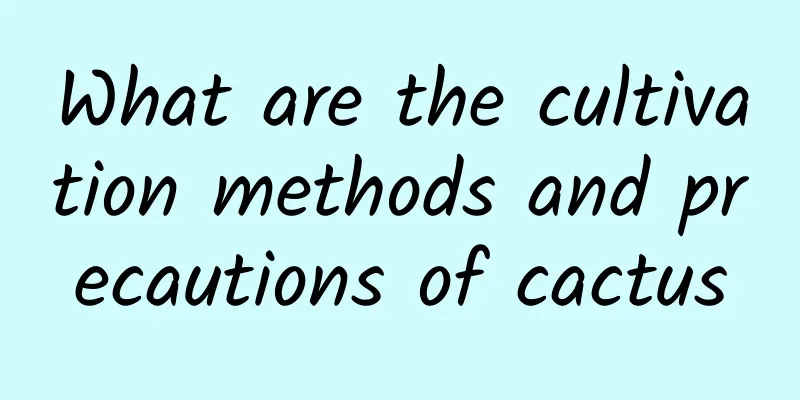What can't be eaten with mango? What are the benefits of eating mango?

1. Basic IntroductionMango is the common name for mango, which is a large evergreen tree of the Anacardiaceae family native to India and is a tropical fruit. Its fruit is rich in sugar, protein, vitamin A and other nutrients that are beneficial to the human body. There are currently more than one thousand varieties of mango cultivated around the world. From a botanical perspective, mangoes are mainly divided into two major groups: monoembryonic and polyembryonic. 2. What should not be eaten with1. Do not eat with spicy and irritating foods: Mango itself is a spicy and irritating food. If you eat it with other spicy and irritating foods, such as garlic, wine, chili, etc., it will cause a certain burden on the human digestive system. 2. Do not eat with salt: Try not to eat mangoes with meals, as eating them together can easily cause jaundice. 3. Cannot be eaten with seafood: Both are foods that are prone to allergies. Eating them together can easily cause allergies and indigestion. 4. Do not eat it with pineapple: both can easily cause allergies in people. Eating mango and pineapple together can aggravate allergies. It can cause great irritation to the skin, leading to symptoms such as itchy skin and red and swollen lips. 3. What are the benefits1. Clear the stomach and intestines: Mango has the effect of clearing the stomach and intestines, and can play a certain antiemetic role for people who suffer from motion sickness or seasickness. 2. Anti-cancer: Mango is rich in vitamin A. Vitamin A is called the "anti-cancer vitamin". Therefore, mango has anti-cancer and anti-cancer effects. 3. Beauty: It contains multiple vitamins. Regular consumption of mangoes can beautify and moisturize the skin. 4. Prevent hypertension and arteriosclerosis: Mango contains nutrients, vitamin C, minerals, etc., which can play a certain role in preventing arteriosclerosis and hypertension. 5. Prevent and treat constipation: Mango fruit contains a large amount of fiber, which can promote defecation and is effective in preventing and treating constipation. 6. Sterilization: Mango leaf extract can effectively inhibit influenza virus. |
<<: The efficacy and effects of mango, what will happen if you eat too much mango
>>: Why is Mimosa called Mimosa, and why do its leaves fold up when you touch them?
Recommend
Can I grow white orchids at home?
Can I grow white orchids at home? You can plant w...
The efficacy and function of red clover
Medicinal effects Anti-inflammatory and sterilizi...
How to prune gardenias
1. Early winter pruning Gardenias need to be prun...
When to prune the Jade Leaf
1. Which month should I prune? There is no time l...
Tips for Home Flower Cultivation
1. Watering correctly It is very important to wat...
Garden uses of cosmos and planting precautions
1. Gardening Use The garden uses of cosmos are ve...
When is sugarcane ripe and when to plant it?
1. Maturity Time It usually matures around Octobe...
Is Beiqi the same as Huangqi? What are the differences between Beiqi and Huangqi?
1. Is Beiqi the same as Astragalus? Beiqi is a ty...
Can orchids be placed in the living room?
1. Can be placed From many aspects, it is more ap...
There are several types of crabapple
1. Western Begonia The crabapple tree is named af...
Can I plant flowers without pine needles rotting?
1. Is it possible? Generally, when using pine nee...
Cultivation methods and precautions of creeping grass
Family farming methods soil Although creeping gra...
How to grow Schefflera
1. Temperature It can grow normally between 5-35 ...
What to do if the leaves of Huangli turn yellow and rot
reason The water is big A large amount of water i...
Where are the best places to grow yellow pear?
Pear Planting Conditions Round yellow pear has go...









